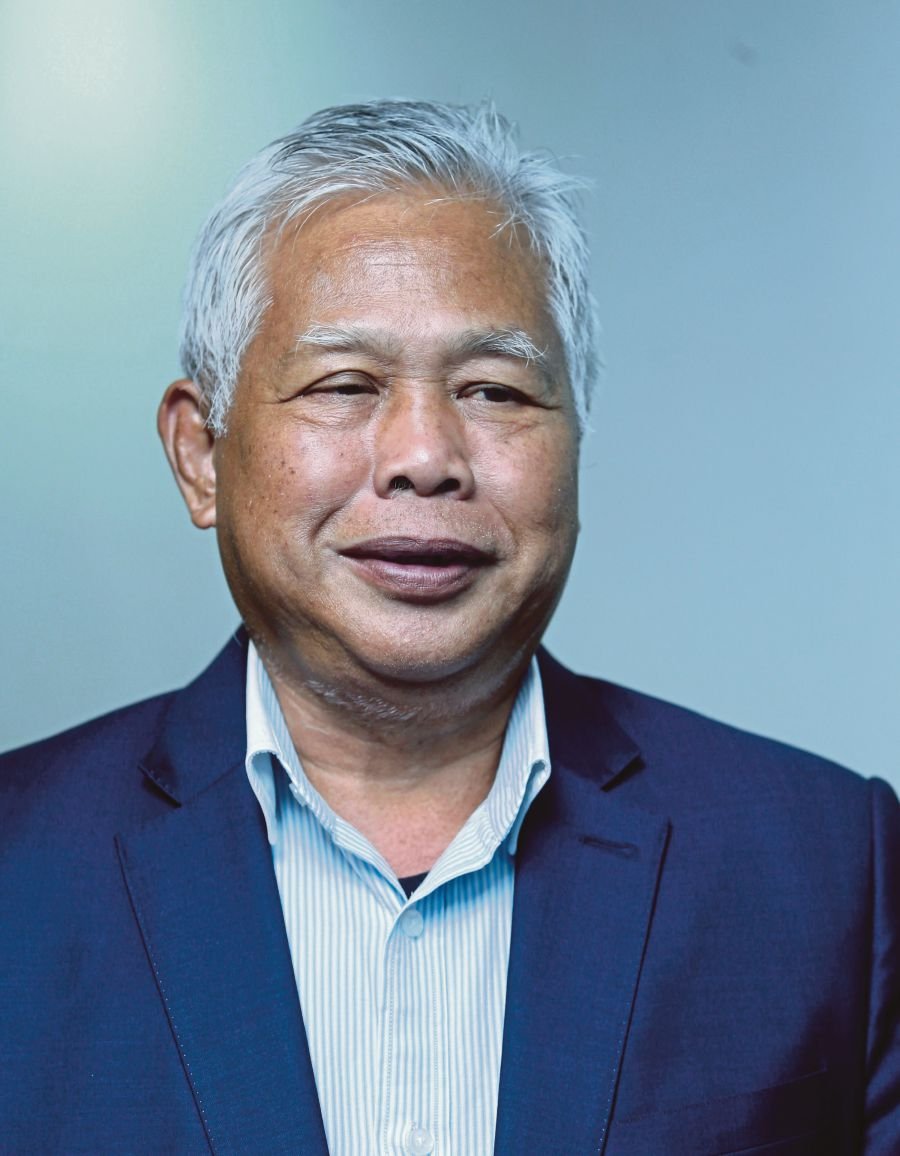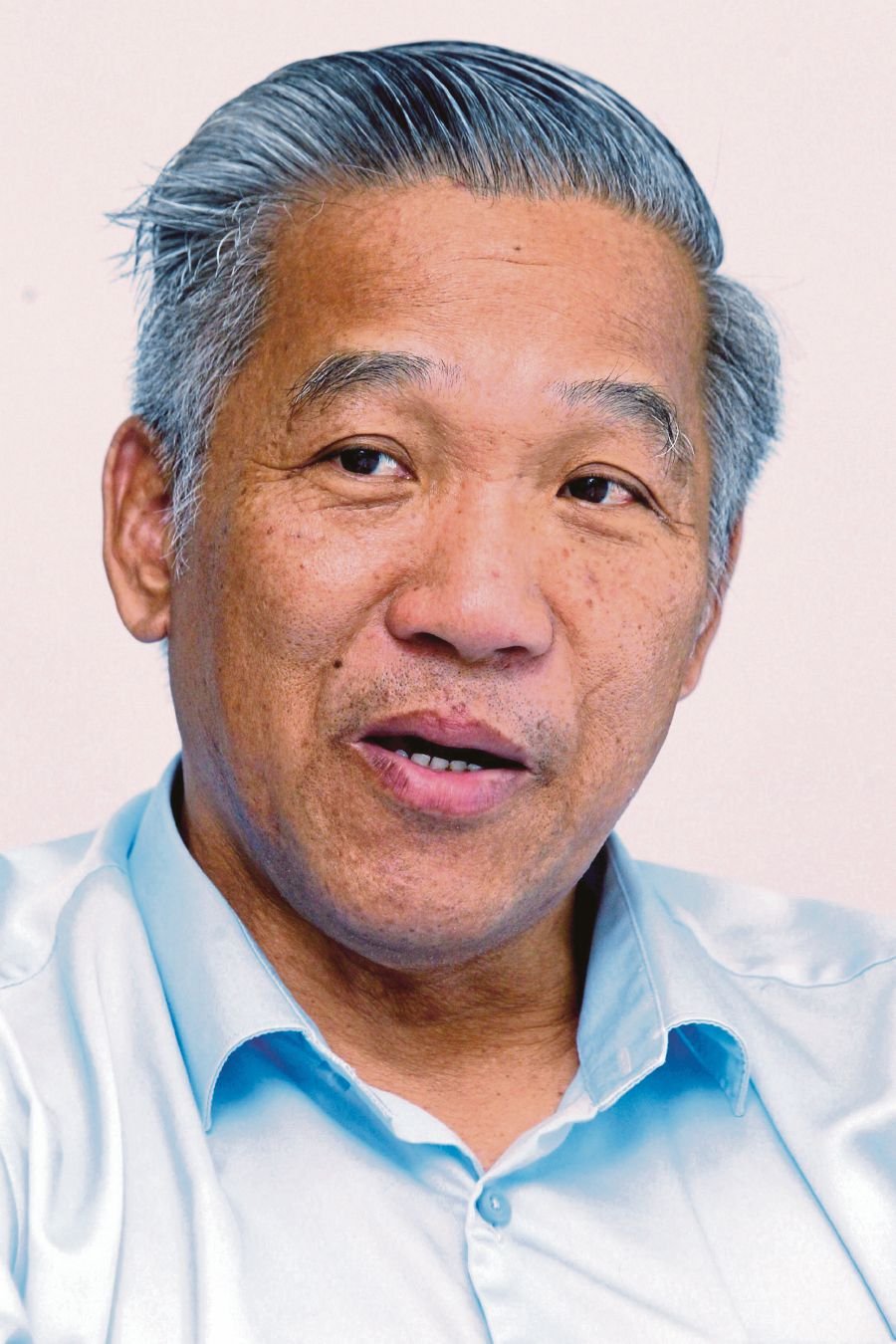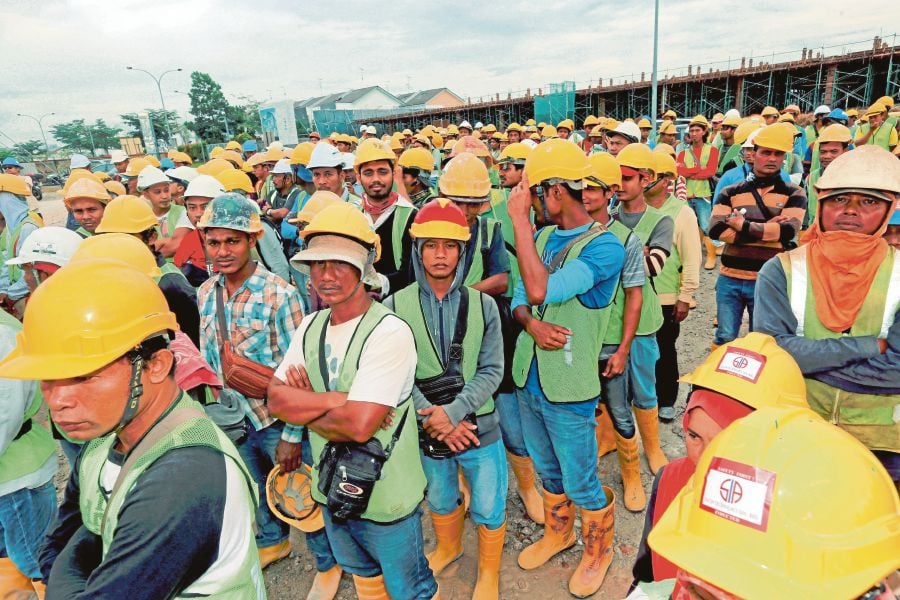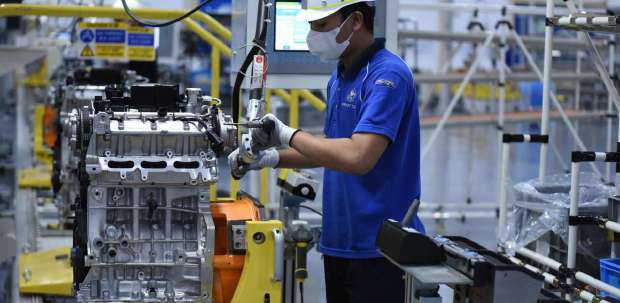PUTRAJAYA: ARE Malaysian employers ready to embrace the call for “Malaysians First” by prioritising locals instead of foreign workers?
Stakeholders believe for this to become a reality, a host of issues must first be addressed, including making 3D (dirty, difficult and dangerous) jobs more appealing as well as fixing the wage structure.
Malaysian Employers Federation executive secretary Datuk Shamsuddin Bardan said the ecosystem had to be prepared to employ Malaysians in 3D jobs before removing the country’s 2.2 million foreign workers.
“If we are going to implement this, we also have to make sure that production and productivity don’t suffer,” he told the New Straits Times.
He said there was an urgent need to rebrand jobs in the sector to make them more attractive to locals.

“We need to ensure that employees are trained and retrained to obtain skills to take on jobs left by foreign workers. Employers must also put in more capital to mechanise and modernise their processes to be more attractive.
“If the jobs are not rebranded, local workers would not be keen on entering the industry.”
Yesterday, Prime Minister Tun Dr Mahathir Mohamad said the government was looking at reducing dependency on foreign workers in the 3D sector.
He said the government was also focusing on Work-Life Practices (WLP) and Career Comeback Programme initiatives for women to return to the workforce.
On this, Shamsuddin said labour laws were not facilitative of WLP. “Like many other countries, we should implement contractual work hours per year, whereby an employee is required to meet only that.
“This means an employee may work for six hours today and 10 hours the next day to make up for lost hours.
“Unfortunately, in the Malaysian context, we are very much tied down to the per day or per week basis because of our labour laws,” he said, adding that there should be an emphasis on tax relief for women to return to the workforce.
His views were echoed by Congress of Unions of Employees in the Public and Civil Services (Cuepacs) president Datuk Azih Muda, who welcomed the government’s initiative for women.
“Women of today are highly educated and highly qualified. They are forced to leave the workforce because of their responsibilities and commitment to their family.
“We must encourage them to return by offering attractive packages.”
Cuepacs, he said, hoped the government could bring a major change to the labour sector, especially with regard to wages and cost of living of workers.
Although the minimum wage was raised from RM1,050 to RM1,100, he said the increase was low compared with the RM1,500 promised in Pakatan Harapan’s manifesto.
“The increase is low compared with household expenses, logistics and other expenses, while in the government sector, the minimum is RM1,200.
“Cuepacs hopes the government will consider a minimum wage at all private and government levels.”
Azih said Cuepacs found that subordinate workers were struggling to manage their lives because of the rising cost of living and stagnant wages.
“In terms of productivity, compared with Germany, England and Australia, we (Malaysia) are the lowest in terms of wages although our productivity has increased. Our salary is only 35 per cent of our productivity.
“Although our productivity is on a par with these countries, wages are dogged by constraints.”
National Institute of Occupational Safety and Health chairman Tan Sri Lee Lam Thye said the call to strengthen and enforce the Self Employment Social Security Act 2017 (Act 789) was timely as it would ensure all welfare aspects for self-employed workers.
“It will mean that they are entitled to receive benefits from their workplace and employers to have a quality life as well as to guarantee their safety.”

SME Association of Malaysia president Datuk Michael Kang said there were drawbacks to raising the minimum wages that were not compatible with productivity.
Kang concurred with Dr Mahathir that Malaysians should take up the dirty, dangerous and difficult (3D) jobs, rather than remain jobless.
In changing people’s mindset and attitude about certain jobs, Malaysia’s employment policy needed to be restructured and this would take time.
“We have had people who have signed the employment letter, but did not show up for work. There are graduates asking for a high salary when they do not have any working experience.”
Kang said feedback from members of the association in hiring workers revealed that many unemployed graduates who went for job interviews were disillusioned about the realities of the working environment and the state of the economy.
He hoped that the curriculum and training under the Technical and Vocational Education Training programme and Science, Technology, Engineering and Mathematics (STEM) would be updated regularly via consultation with industry players to improve on graduates’ employability.







